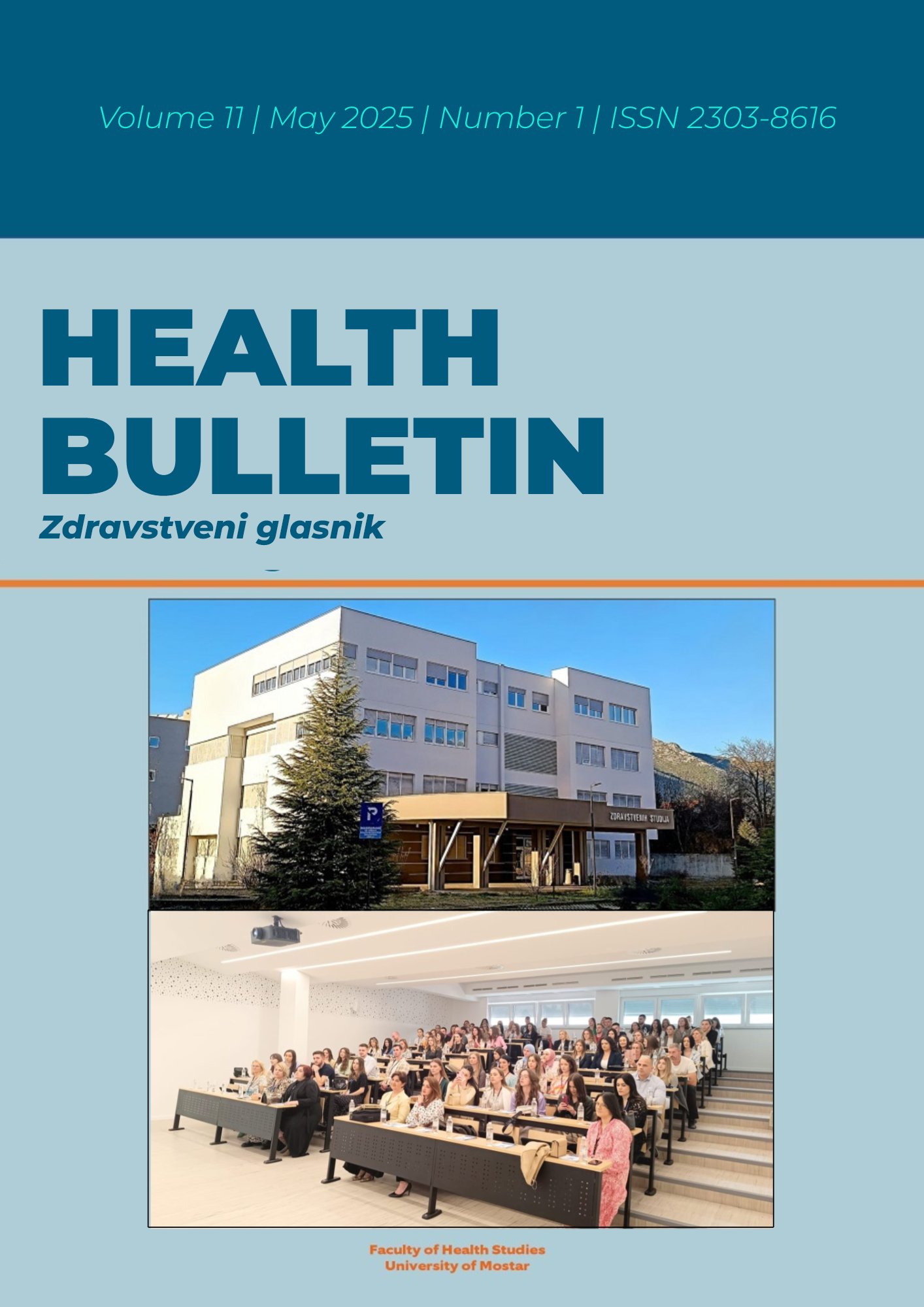BENIGN FASCICULATION SYNDROME
Keywords:
benign, fasciculation, syndromeAbstract
Fasciculations are uncontrolled and uncoordinated muscle twitches that most commonly occur in healthy individuals but can cause concern and anxiety. In this paper, we analyze benign fasciculation syndrome (BFS), which is diagnosed after excluding other pathological causes. Although the prevalence of benign fasciculations is considered high, the symptoms of BFS persist and may last for years without serious consequences. The focus on the relationship between BFS and anxiety is also important, as anxiety can exacerbate feelings of discomfort and lead to health anxiety or hypochondria. There is a significant fear of motor neuron diseases, such as amyotrophic lateral sclerosis (ALS), which further complicates the clinical picture for patients. Long-term monitoring shows that most patients with BFS do not develop ALS, but recommendations for further monitoring and support remain crucial. This paper suggests that, despite the benign nature of fasciculations, patients should consult a neurologist to exclude more serious conditions, and in cases of significant anxiety, consider medical or psychosocial assistance. The results indicate that patients with persistent fasciculations are on the path to better diagnosis and symptom reduction through professional help and support.
















